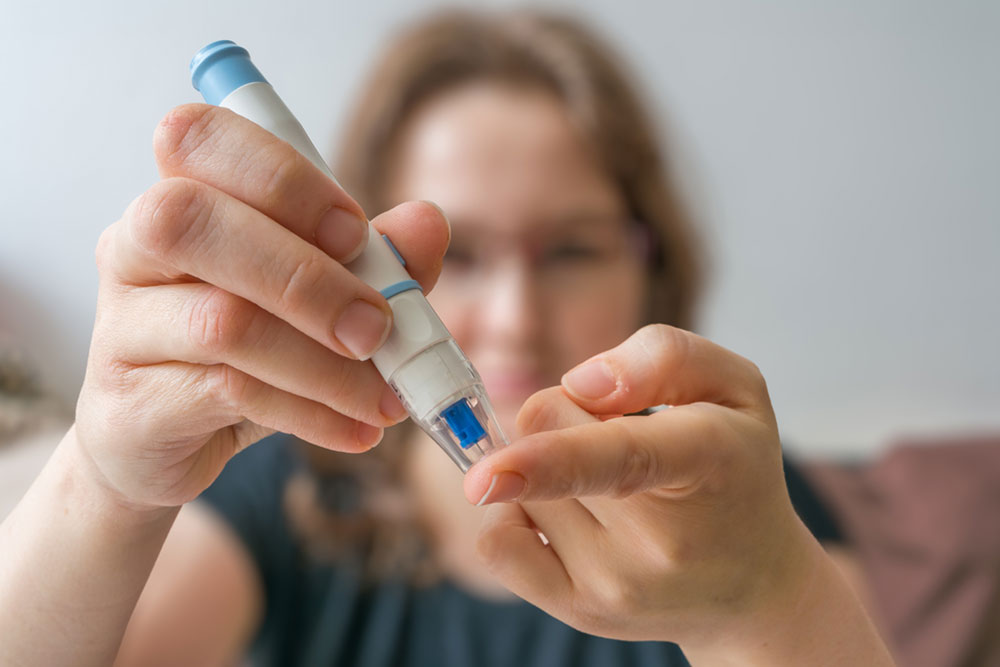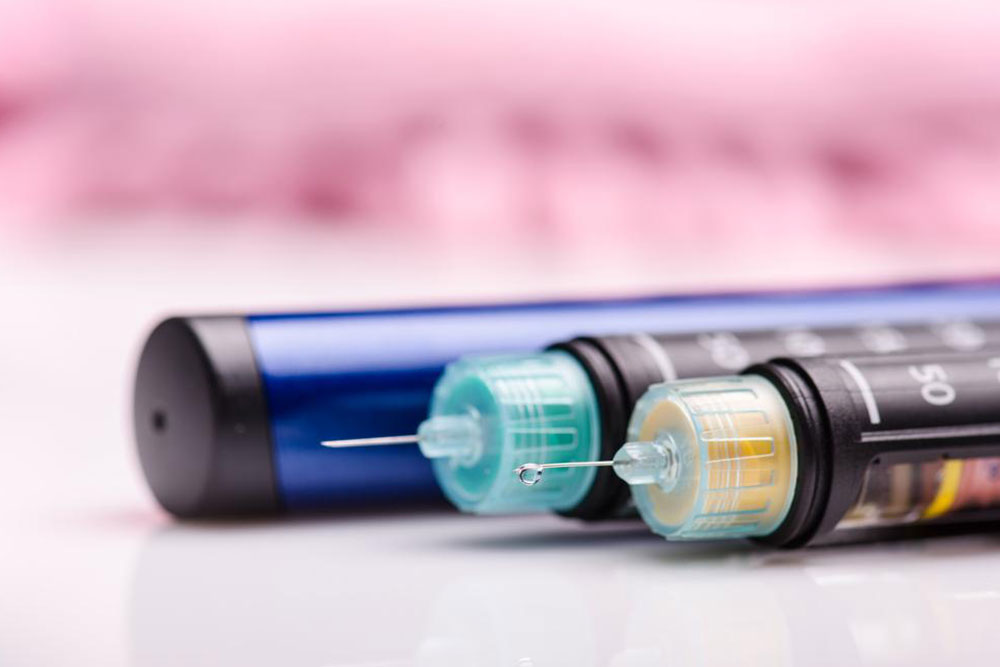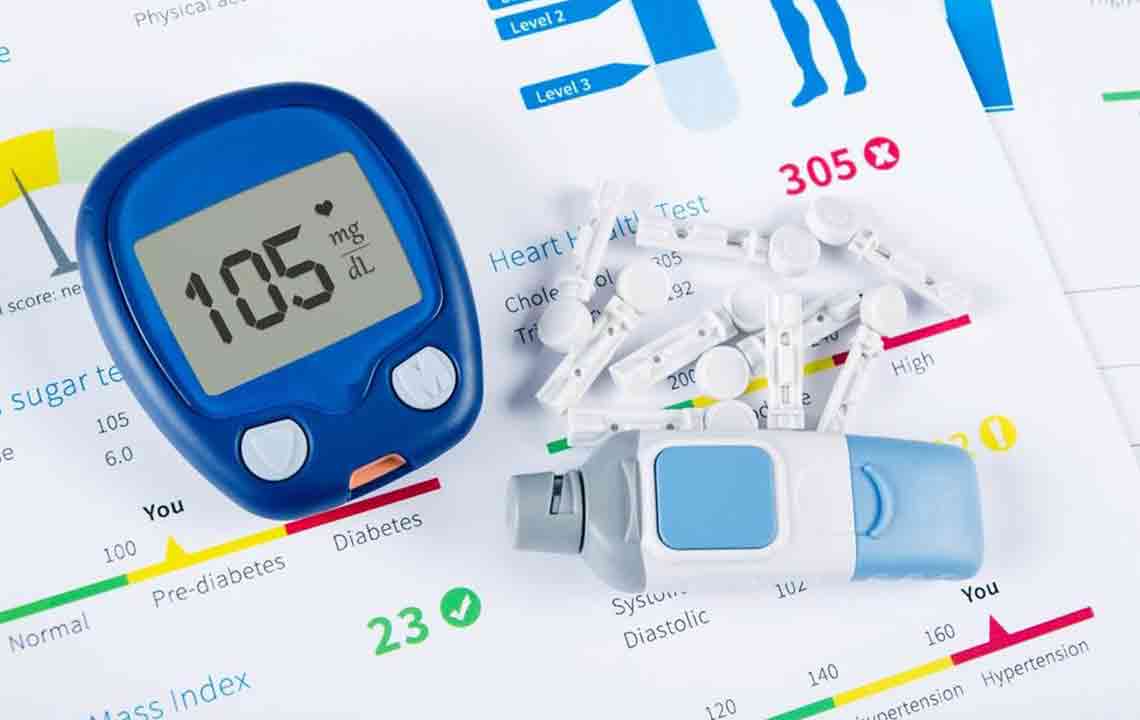Comprehensive Guide to Managing Blood Sugar Levels in Diabetes
This comprehensive guide discusses the importance of blood sugar monitoring in diabetes management. It covers testing methods, normal glucose ranges, maintaining records, and adopting a healthy lifestyle to prevent complications. Regular monitoring, proper diet, and medical support are essential to control blood sugar levels effectively and improve overall health. The article emphasizes the significance of awareness and proactive management for a healthier life with diabetes.

Essential Insights on Diabetes and Blood Glucose Control
Understanding blood sugar levels in diabetes is crucial for managing the condition effectively. Diabetes occurs when blood glucose rises beyond normal ranges, as glucose fuels our body's energy needs derived from food. Fluctuations in blood sugar can lead to severe health complications, making regular monitoring vital. With rising global cases of both type-1 and type-2 diabetes, awareness about blood sugar management has never been more important.
Monitoring Your Blood Sugar
To manage diabetes well, tracking your blood glucose levels is essential. Maintaining a detailed blood sugar chart helps you observe trends and make informed decisions. Using a reliable glucose meter and test strips at home makes self-monitoring convenient and accurate.
Checking Blood Glucose Levels
Many health centers, including government clinics, offer free blood sugar testing devices with standard monitoring charts. Normal fasting blood sugar levels are below 100 mg/dL, with 70-130 mg/dL being typical during the day. Post-meal levels should stay under 180 mg/dL, and pre-exercise or bedtime readings should range between 100-140 mg/dL. Consistent monitoring helps keep diabetes under control.
Maintain Medical Records
Keep track of your medications, diet, and blood sugar readings. Sharing this data with your healthcare provider allows for tailored treatment adjustments, ensuring optimal management of your diabetes.
Adopt a Healthy Lifestyle
If blood sugar levels remain high, consult professionals for advice on nutrition, exercise, and natural remedies. Leading a healthy lifestyle reduces the risk of complications like heart disease, kidney issues, and vision problems. Regular testing, combined with proper diet and physical activity, supports faster recovery and better overall health.










